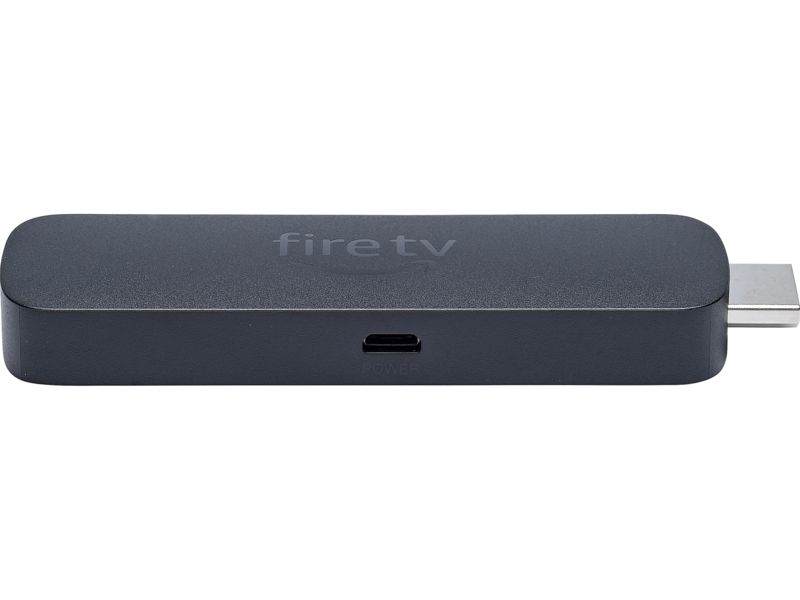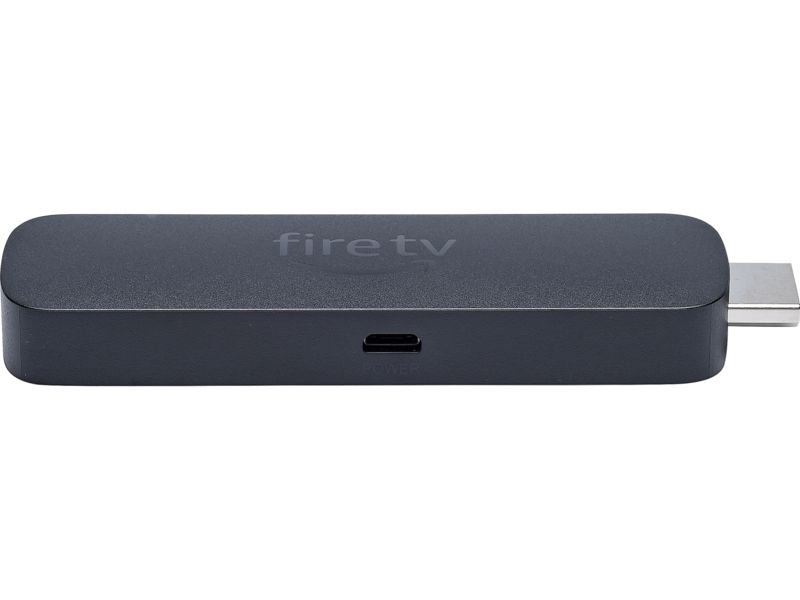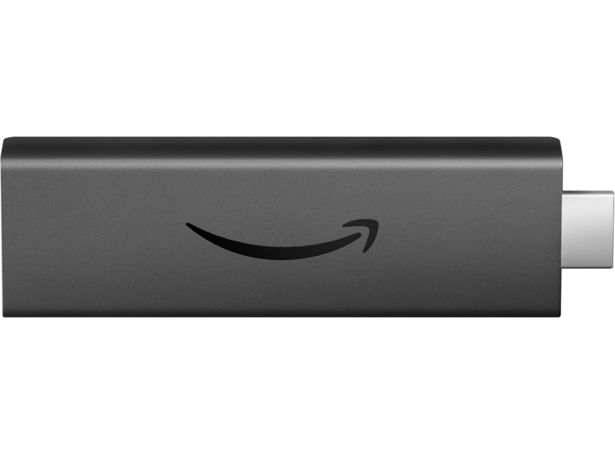Kodi boxes: everything you need to know

In the Autumn of 2016, a Teesside man was arrested for selling 'fully loaded' Kodi boxes - an internet TV streamer that allows you to choose from swathes of content, from blockbuster movies to live Premier League football.
This kicked off a Europe-wide debate as to the legality of the boxes. Unfortunately for consumers, it's a complex issue that surrounds what is at heart a very useful and intuitive way to enjoy digital media and on-demand content. Let's start at the beginning.
What is Kodi?
Kodi is probably best described as a 'media centre'. In fact, it first began life as XBMC, or Xbox Media Centre. It's essentially a versatile media player that's available across multiple platforms, allowing users to play files stored locally, such as videos and music, and stream live internet broadcasts and podcasts. Unlike, say, the Windows Media Player you'll find on your PC, it has a very user-friendly, intuitive interface and is highly customisable - this is what really sets it apart from its competition. The fact that you can simply stream whatever you want to watch, rather than spend time and bandwidth downloading large files, is also a huge draw.
A ‘Kodi box’ is a loose term for any internet TV box designed primarily for using with the Kodi app. Most of the time they’re sold with the app pre-installed - commonly known as 'fully loaded'. Technically, any TV streamer capable of installing the app could be a Kodi box, but when the term is used in the press and media it is most commonly in reference to the legally dubious first kind.
Browse the best devices on the market with our guide to buying the best streamer.
Is Kodi legal?
The problem with Kodi is that, while it uses some wonderfully versatile and easy-to-use software, it can also be easily used for illegal streaming. Subscription sports and movie packages, for example, are only a few clicks and a quick download away – and all without paying. The reason that arrests have been made is not simply because people have been selling Kodi boxes, but because they have been selling them pre-loaded with these illegal apps and services.
Put simply: Kodi, and boxes with Kodi installed, are perfectly legal. The problem arises when the Kodi app is used to illegally stream subscription content. Obviously, that’s something you shouldn’t do. And when you take those apps that allow you to illegally stream and pre-install them onto a streaming box, before then selling them as a free all-in-one global streaming source? That’s when massive legal trouble awaits.

What's been ruled on Kodi so far
European Court of Justice: Fully loaded Kodi boxes are illegal
Perhaps the biggest ruling is the one that came out of Luxembourg. The EU’s highest court declared ‘the sale of a multimedia player which enables films that are available illegally on the internet to be viewed easily and for free on a television screen’ to be illegal themselves.
This is a verdict with enormous implications for the future of Kodi. While downloading a pirated film at home is obviously illegal, the ECJ has declared devices that enable piracy and make it easy to also be illegal.
High Court: Premier League obtains piracy court order
It may sound obvious, but it’s against the law to stream Premier League football over the internet if you haven’t paid for a subscription. A recent court case, however, has granted the Premier League the means to actively pursue individual pirates and shut them down.
While illegal online streams of football have existed for a long time, Kodi boxes give people a simple way to watch it on their TV, rather than just a laptop monitor or sat at their desk. Their increase in popularity was thought to be the driving factor in this High Court verdict.
The Premier League is now allowed to trace the servers used to broadcast its matches and have them blocked. With the Premier League winning this case, you can expect a variety of other rights holders, such as movie studios and TV networks, to try the same.
If you want to know the best way to watch top-tier sports legally, click the link to see all our TV provider reviews.
Amazon: Total ban on selling of fully loaded Kodi boxes
As a result of the above court cases, plus the growing negative press surrounding them, Amazon has blanket-banned the sale of all fully loaded boxes. The retailer said: ‘Products offered for sale on Amazon should not promote, suggest the facilitation of, or actively enable the infringement of or unauthorised access to digital media or other protected content.’
Anyone caught selling Kodi boxes that break those rules on Amazon will have their accounts suspended. While these boxes were being sold via Amazon shopkeepers and not actually by Amazon itself, it clearly has no desire to be associated with them or to provide a platform for potentially breaking the law.
What can you do legally with Kodi?
You shouldn’t fear the app, despite all of the negative press it has received lately. If you own a popular internet streaming box, such as the Amazon Fire TV or the Nvidia Shield, you can install the app onto it by downloading it from its official website. It also runs on any Android, iOS, Windows, Mac or Linux device.
You can then choose from a huge array of legal add-ons, all of which are housed within the larger Kodi app. There are literally hundreds of them to choose from. YouTube, SoundCloud, Twitch, PBS and 9GAG are all available, which is fantastic if your streaming box doesn’t offer them via its usual app store.

What Kodi has to say
Something often forgotten when discussing this ongoing drama is that the term ‘Kodi box’ has no tangible meaning. Kodi is merely a popular app that opens up a variety of streaming devices to apps not found on the Google Play or Amazon app stores. Within it, there are a huge number of perfectly legal apps used to access free content.
Because of the casual label, these illegal streamers have been granted, an honest service is being run into the ground. The staff who develop the Kodi app released a statement on its official blog explaining this. They say that they’re sick of ‘dishonest salesmen’ using their app’s name to ‘make a quick buck’.
Team Kodi maintains an officially neutral stance on what users do with their own software... while we don’t love this use of Kodi, as long as you know what illegal and potentially dangerous things you are getting yourself into and accept the fact that the Team will not be providing you with any support, then you are welcome to do what you like.
Their solution was to trademark the name ‘Kodi’ and actively pursue those using it to promote their own legally questionable goods.
Alternatives to Kodi
While it may currently be hogging the spotlight, Kodi is far from the only application of its type. Here are a couple of alternatives that jaded fans or those curious to try something new may wish to consider:
Plex
Plex is a media server that allows you to organise your music, photos and videos in one place and stream them to a wide range of devices, such as a TV, smartphone, tablet or internet TV box. It isn't quite as popular as Kodi, perhaps because it requires a local computer dedicated to running a Plex Media Server. This means that you'll need to sync your streaming device of choice with your home computer (or laptop, or network-enabled storage device) via your home network to install and access all of your media. This does give you synchronised content across all your devices though, which can be very handy.
If you're an Amazon Echo owner, then one particularly neat feature of Plex is that it's now compatible with Alexa voice control, so you can play music and movies without touching a remote. There's also a premium Plex subscription service, which offers features such as cloud storage and offline access.
Emby
There's not actually a great deal of difference between Plex and Emby. Emby has a very nice Xbox One app and works well on smartphones, but the vast majority of what it does is no different to Plex - right down to the premium subscription service. The choice here will be more down to personal preference than standout features, but it's worth giving each one a try.
The rest
There are plenty of similar options out there that rank just a little below Plex, Emby and, of course, Kodi. Stremio functions a little like a PVR, offering you a calendar that keeps track of new episodes of your tracked shows and the ability to continue watching mid-show on a different device. It's also described by its creators as more tailored for PC users, rather than those wanting a 'couch experience'.
While the other options on this list are very versatile in their support of various devices and operating systems, Usher is tailored for MacOS users. iTunes can be notoriously stubborn when it comes to working with non-Apple software and hardware, so Usher could be hugely helpful in this situation.
How to tell if your streamer is legal
If you want to download Kodi to, say, your Amazon Fire TV Stick or Nvidia Shield, you shouldn’t worry, as you’re well within your rights to do so. Where you should exercise caution, however, is which apps and services you use within it.
If an app seems too good to be true, it probably is – if it lets you watch the latest Hollywood blockbusters without paying, then that’s a pretty strong indicator. If you’re looking to buy a TV streaming box and it’s not made by a manufacturer you recognise, is not being sold by a retailer you recognise, or uses the terms ‘Kodi’ and ‘fully loaded’ in the title, then that’s another red flag (Kodi is not a manufacturer – none of these boxes in question are made by it).
Stay safe and sure by buying a TV streamer that we've put through our rigorous testing. Click the link to see our TV streamer reviews.



